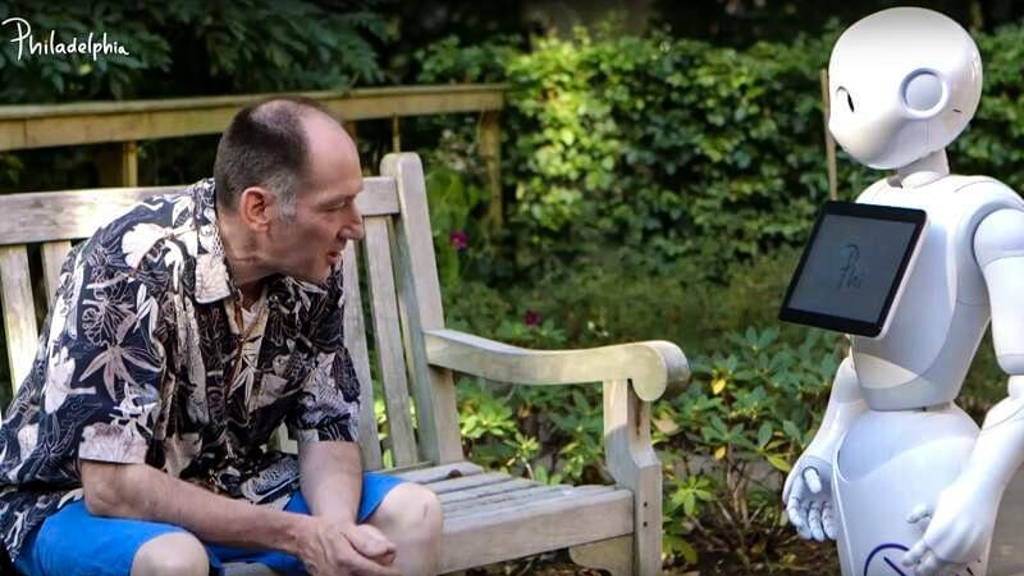At this moment people are working hard to get robots in healthcare. The Dutch Philadelphia tries to be the first organization to deploy their own social robot to improve care for people with mental disabilities. The robots name is Phi, has its own custom software and is programmed with input from clients, relatives and employees, says Philadelphia.
“A social robot learns to recognize emotions and reacts on it. It’s then truly interacting with a human. The more attention one pays to Phi, the better she gets to know you. It is, in other words, self-learning. It's a real social robot. Phi will not do the dishes, but, for example, can listen to music with somebody and react, play sports or a game. Phi can also explain how something works and optionally repeat very often. Or urge to take your medicine on time. The robot can help clients in their development and challenge to take action."
Social robotics is a rapidly growing technology development. Philadelphia indicated that they think it is important that clients and employees experience this development in real life. Some of Philadelphia’s locations will be used to investigate whether and how a social robot can contribute to the well-being of clients, but also employees. For example, it can provide support and personal attention during sports movement, experiences, care and housing. For now it is a test. Whether Phi will actually be used in the future is still uncertain.
No dishwashing
"We want to explore all options for the people whom we work for. I'm talking of course about technology, but actually about all inventions that make life better, easier, more free and independent. DigiContact, smart night care, all kinds of apps, but also the use of music. All these innovations are tailor-made for our people. And of course, the technology must be safe and supportive, as our social robot Phi is," So says Project Manager Innovations Xenia Kuiper.“A social robot learns to recognize emotions and reacts on it. It’s then truly interacting with a human. The more attention one pays to Phi, the better she gets to know you. It is, in other words, self-learning. It's a real social robot. Phi will not do the dishes, but, for example, can listen to music with somebody and react, play sports or a game. Phi can also explain how something works and optionally repeat very often. Or urge to take your medicine on time. The robot can help clients in their development and challenge to take action."
The more, the better
"Phi is an expert in recognizing emotions and faces. The more attention she gets, the better she gets to know you. We think that Phi makes clients more independent create and can support staff. "Xenia Kuiper stresses that it is a social robot.Social robotics is a rapidly growing technology development. Philadelphia indicated that they think it is important that clients and employees experience this development in real life. Some of Philadelphia’s locations will be used to investigate whether and how a social robot can contribute to the well-being of clients, but also employees. For example, it can provide support and personal attention during sports movement, experiences, care and housing. For now it is a test. Whether Phi will actually be used in the future is still uncertain.






